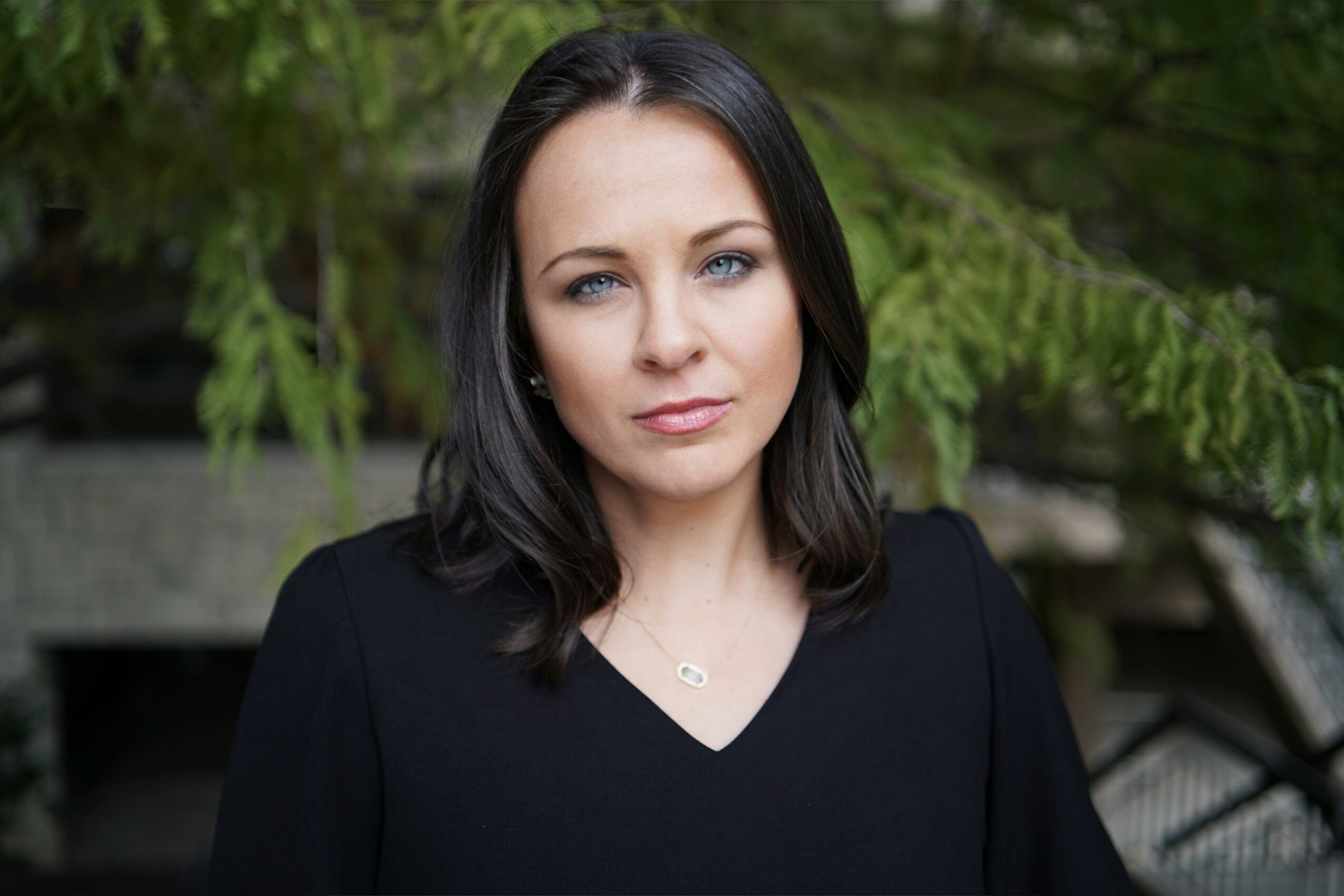

We recently had the chance to connect with Dr. Shelley Guess and have shared our conversation below.
Hi Shelley, thank you so much for taking time out of your busy day to share your story, experiences and insights with our readers. Let’s jump right in with an interesting one: What do you think others are secretly struggling with—but never say?
Loneliness.
This is an epidemic in our society, and no one is directly addressing it. The incredible increase of technology has created powerful growth in our society, but it’s eroded our interpersonal connections and relationships.
I talk almost daily with clients about their silent, deafening, gripping loneliness in a culture where we’re more “connected” than ever. We’ve lost the pathways to face-to-face relationships that we’ve had in the past with the convenience of online connection, and our society is suffering as a result.
We must reconsider the ways we find relationship outside of devices, both in younger and older generations.
Can you briefly introduce yourself and share what makes you or your brand unique?
Sure! It took way too long to get here.
I started my journey 2001 as an undergraduate at Texas Tech University, where I knew I was called to pursue a PhD in the field of Psychology. After years of schooling, in November 2024, I was finally able to be called Doctor.
When it take someone that long to reach a goal, the trials that get you there are transformative, and I certainly experienced that.
Money was put into perspective. Community and family support became imperative. And the realization that my plans were not my own was crystal clear.
I started Hope Connects Counseling simply with the goal of being able to afford my own therapy. The irony – I was a therapist, and I couldn’t afford my own therapy. I’d known how broken the counseling field was in this area before that point as an intern at a psychiatric clinic. Daily, I watched the accessibility of mental health resources be impacted by SES and other factors for both our patients and staff. I was providing care, and I wasn’t even able to afford quality care myself. When you’re simultaneously an intern and a PhD student, health care is scarce. So while I started HCC with the hope of being able to finally afford my own therapy, I also wanted to create a practice where others could access the quality mental health they deserved as well.
When HCC opened, it was just me, one other therapist, and one office. Now, six years later, Hope Connects Counseling has two locations in Texas and eleven therapist with a range of expertise to serve our communities. These therapists accept insurance, offer sliding scales, will see clients online or in person, and are trained in a variety of therapeutic approaches.
I started as a therapist who couldn’t afford her own therapy, and now HCC is a practice that affords therapy in a variety of ways to our communities. We’re proud to be HCC, and we’re thankful for the chance to continue to serve.
Twenty years later, I’m blown away at where I’m at today. An undergrad with a calling and a scarcity of resources afforded a robust mental health private practice to blossom.
Amazing, so let’s take a moment to go back in time. What was your earliest memory of feeling powerful?
I was 9 years old. Thankfully, I was born in the 80s, and little girls were being told daily that we could be whatever we wanted to be. I was no exception, and I watched different actresses on TV as lawyers, doctors, and detectives. They wore suits, and I knew I wanted to be them – so I stole a suit out of my mother’s closet.
Granted, it was too big. When you’re 9, that’s bound to happen. But I found safety pins, clips, and other securing devices to help me as I adorned myself in the outfit of success. I was wearing a suit, and clearly I was therefore important.
I would walk around the house when everyone had gone to sleep pretending to be the strong women I saw on TV. Partners in law firms, doctors in the operating rooms, detectives over the investigations. I knew I wanted to lead and grow, even if I didn’t have those words for it then.
So I think my first memory of being powerful was as a girl at the age of 9, when I first daydreamed of what it could be like to be a woman.
What did suffering teach you that success never could?
Being poor will teach you everything. I was privileged to grow up in the 80s-90s, when our economy was booming, MTV was big, and war time was quiet(er). I grew up in a good family with enough, and lucky enough to have parents that wanted to provide me with more than enough. So when I decided to return to graduate school for my Master’s degree, I was pretty stunned when my dad said “no” to helping me financially. He’d said no before to helping me with education. When it came to my dreams, my parents were the “Yes!” parents in every way. But when I asked my dad to help me financially when I wanted to pursue my Master’s in Counseling, I was shocked when he told me he strongly believe he had to say No.
I was angry. I’d already quit my job. What do you mean, No??
But truly, it was the best thing my father ever could have done. I still continued forward with my Master’s program, working 2-3 jobs at a time to make it through without ever taking out a student loan. I watched God provide in profound, inexplicable ways. Anonymous $1,000 checks sent to me. Being granted the highest amount possible in scholarships every year I was in attendance (I wouldn’t learn this happened until 2 weeks before graduation). And building a trust in God that transcended anything that money could provide. I was stressed about money for a long time, but eventually, I came to see that it really does always work out. I obtained two Master’s degrees and one PhD, and I never took out a student loan during that time.
Today, I have a money sense and confidence that only comes from being without. I’m so thankful my dad said No that day.
Next, maybe we can discuss some of your foundational philosophies and views? Is the public version of you the real you?
Yes and no. I think we can all agree that we function within parts of ourselves. It wouldn’t be healthy or appropriate for me to reveal every aspect of my deeper self to everyone all the time. Being a therapist has given me some insight into these boundaries in a variety of ways, both for myself and others.
Thank you so much for all of your openness so far. Maybe we can close with a future oriented question. What is the story you hope people tell about you when you’re gone?
That I tried. I really did try to get it right, to do what’s best, and to love others well. When you’re younger, success is marked by money and toys, but the older you get relationships come into glaring view.
My business, my clients, my family, my friends, all have been managed in a way that I hope benefits and grows them.
Contact Info:
- Website: https://hopeconnectscounseling.com
- Linkedin: https://www.linkedin.com/in/shelley-guess-phd-lpc-567757118/
- Facebook: https://www.facebook.com/profile.php?id=100063301894011
- Yelp: https://www.yelp.com/biz/hope-connects-counseling-irving
- Youtube: https://www.youtube.com/watch?v=voVN6JhkjMI
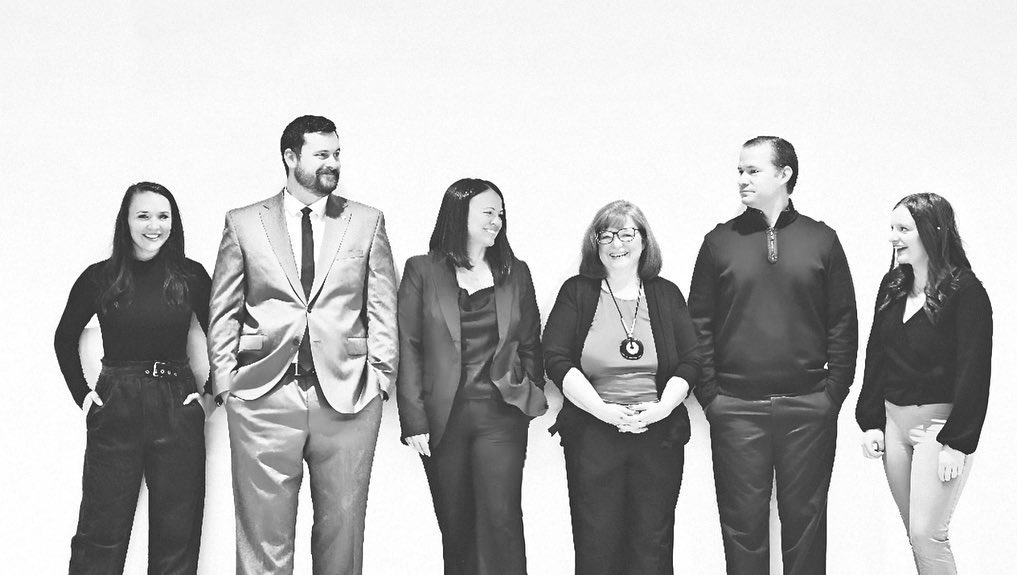
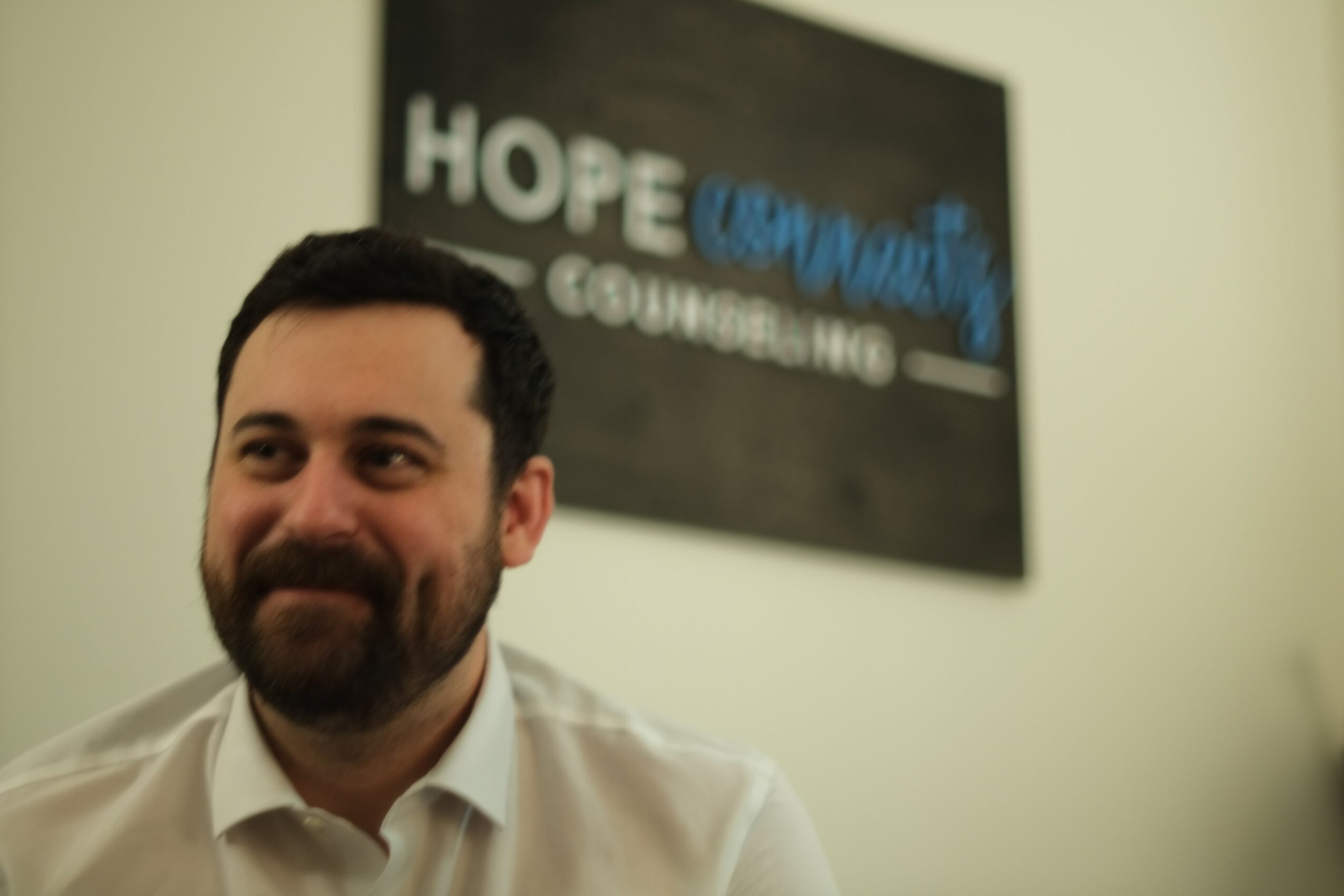
![]()
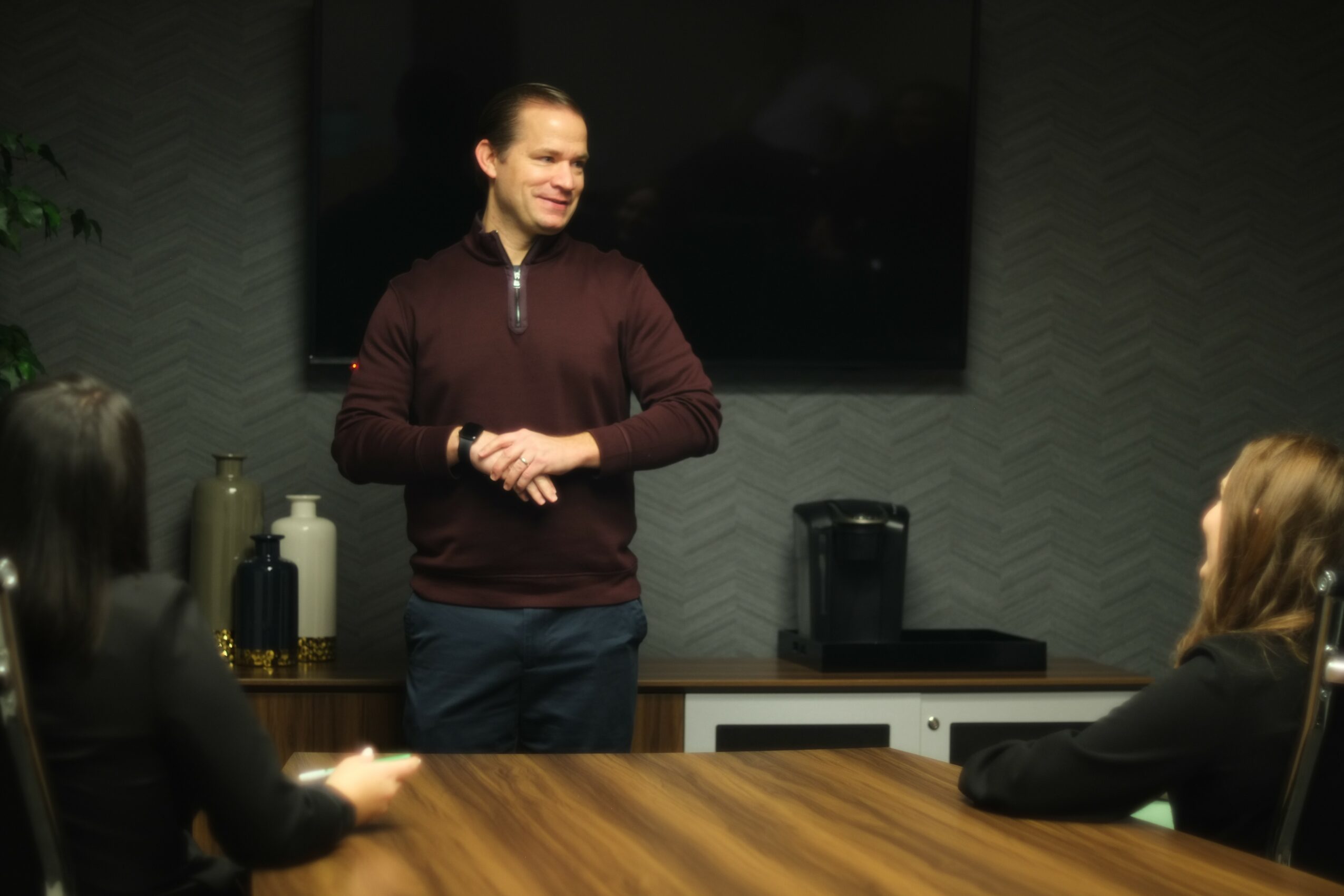
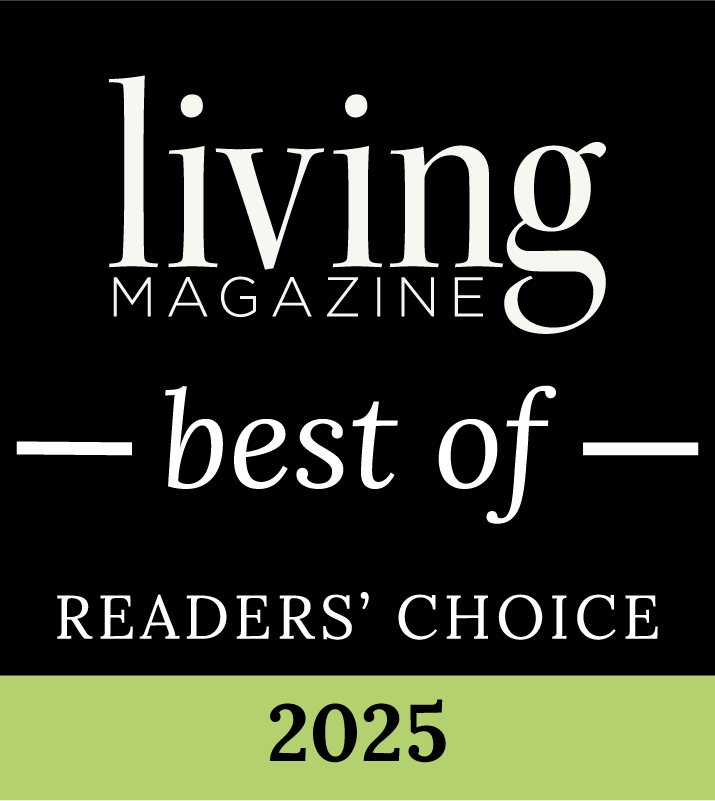
Image Credits
Allen Gonzalez
Brian Prewitt










